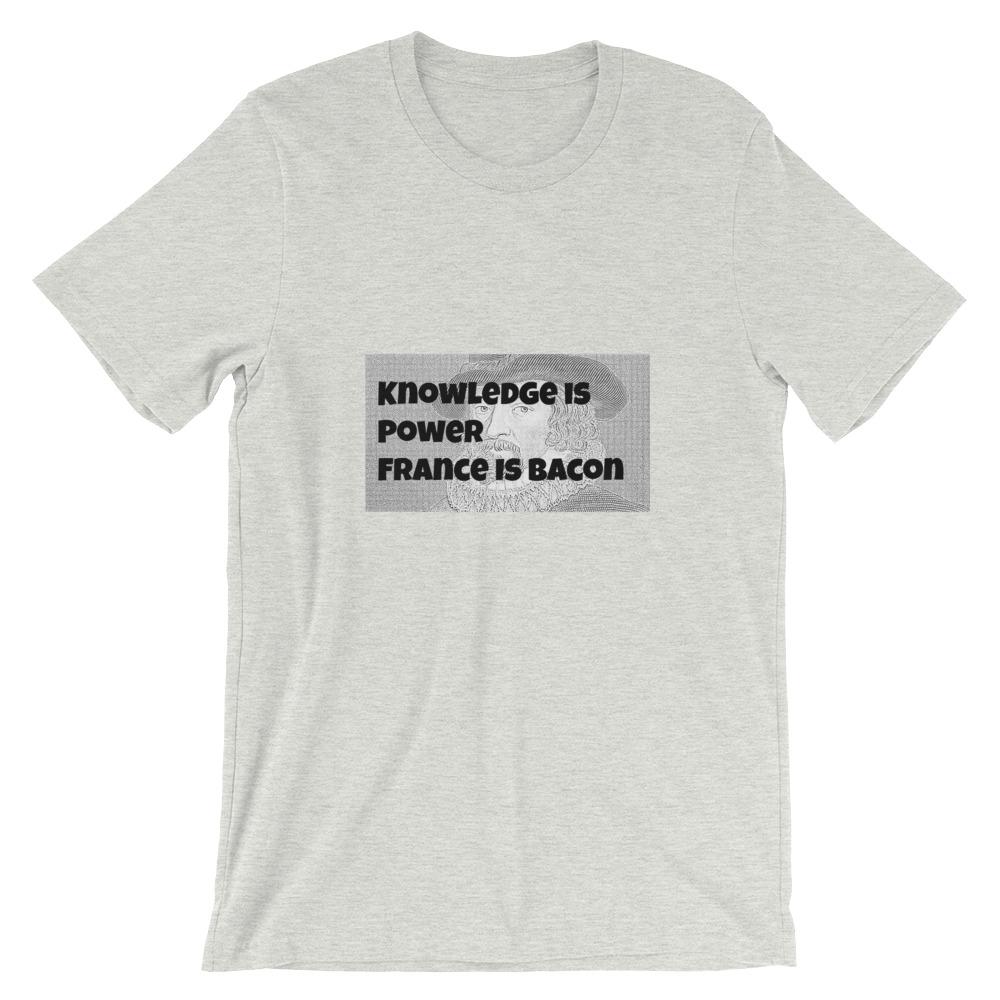Hey, this is Heather from the Renaissance English History Podcast, and this is your Tudor Minute for January 22.
Today in 1561 Francis Bacon was born. He was a philosopher, statesman, scientist, orator, and author. He was both an Attorney General and as Lord Chancellor of England. And even after he died, he remained extremely influential through his works. He is known as the father of the scientific method, and was one of the first scientists of the Enlightenment.
His works argued for the possibility of scientific knowledge based only upon inductive reasoning and careful observation of events. He argued that scientists should be sceptical and methodical, and not be distracted by their own judgments and hypotheses. He was also a patron of libraries and developed a functional system for the cataloging of books by dividing them into three categories- history, poesy, and philosophy- which could further be divided into more specific subjects and subheadings. He said: Some books are to be tasted, others to be swallowed, and some few to be chewed and digested.
Bacon didn’t rise at court under Queen Elizabeth, but after the accession of King James I in 1603, Bacon was knighted. Because he had no heirs, both titles became extinct upon his death in 1626, at 65 years of age. Bacon died of pneumonia, with one account by John Aubrey stating that he had contracted the condition while studying the effects of freezing on the preservation of meat. He is buried at St Michael’s Church, St Albans, Hertfordshire.
That’s your Tudor Minute for today. Remember you can dive deeper into life in 16th century England through the Renaissance English History Podcast at englandcast.com.
From the Shop:

